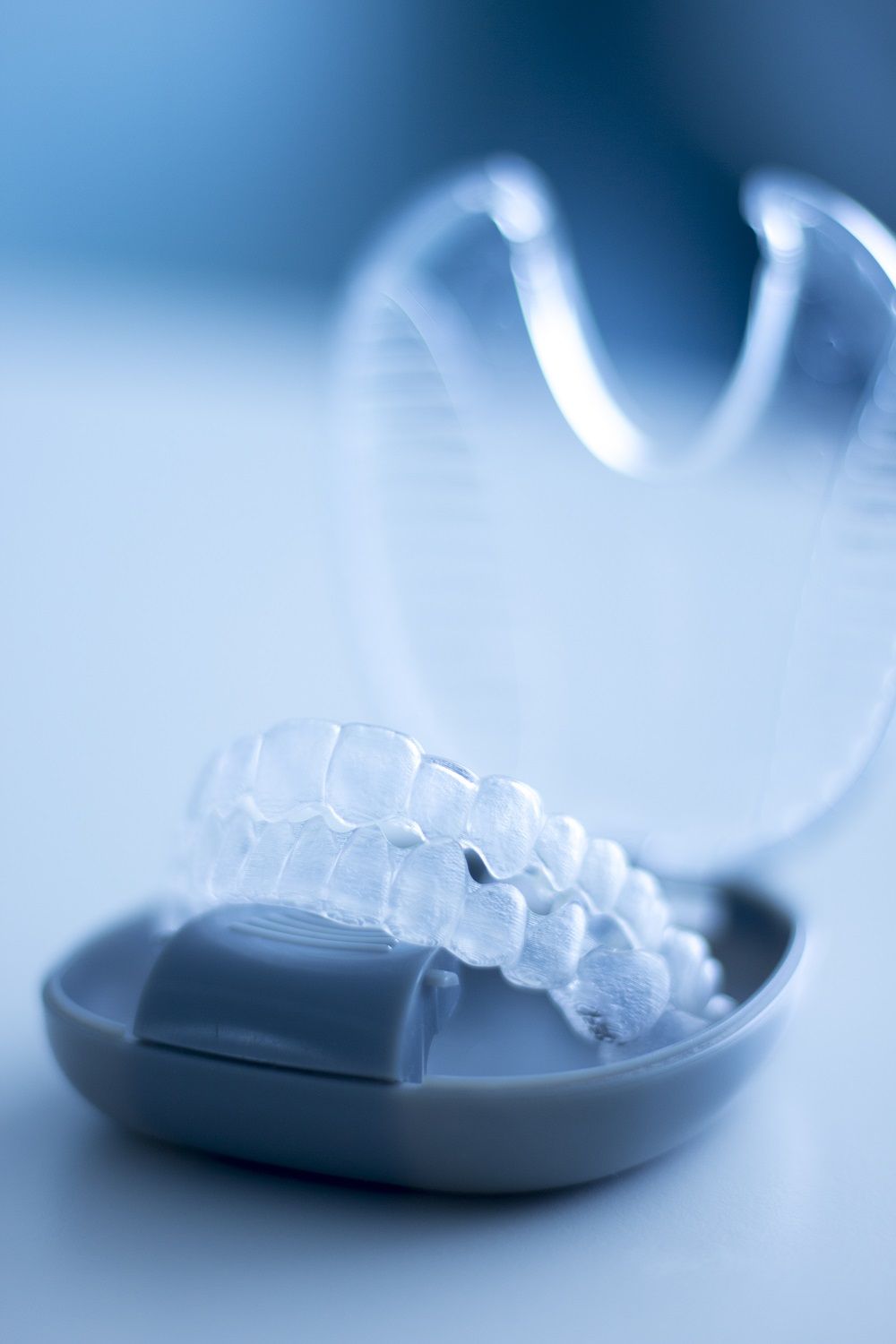
- Home
- About
- Our Team
- Services
- Postoperative Care
- Smile Gallery
- Medical Tourism
- Blog
- Offers
- Contact Us
- Home
- About
- Our Team
- Services
- Postoperative Care
- Smile Gallery
- Medical Tourism
- Blog
- Offers
- Contact Us

A dental night guard is an oral appliance designed to protect your teeth from grinding or clenching while you sleep. It is a soft, custom-fitted plastic device that fits over your upper or lower teeth and helps to reduce the wear and tear on them caused by grinding or clenching. The night guard also helps to reduce the noise associated with grinding and can help improve sleep quality. It is an effective way to prevent tooth damage caused by bruxism, which can lead to tooth loss, jaw pain, headaches, and other serious health issues.
Visiting a dentist is the best way to determine if you need a dental night guard. A dental night guard is an appliance that is worn over your teeth while you sleep in order to protect them from grinding and clenching. It can also help reduce the effects of temporomandibular joint disorder (TMJ) and reduce snoring. A dentist can evaluate your teeth and jaw to determine if a dental night guard is necessary for you. They can also provide advice on how to properly use and care for your night guard, as well as any other treatments that may be necessary.
The dental night guard is a device that is made of a soft, flexible material that comfortably fits over the upper or lower teeth, providing cushioning and protection from the damaging effects of grinding. The dental night guard can help reduce or eliminate the symptoms associated with bruxism (teeth grinding), such as headaches, jaw pain, tooth sensitivity, and worn-down enamel on the teeth.
Dental night guards are most commonly used by adults, but they can also be beneficial for children as young as five years old. The age at which a person should start using a dental night guard will vary depending on their individual needs and the advice of their dentist. Generally, it is recommended that people start using them when they begin to experience symptoms of bruxism or teeth grinding.

Dental night guards, which are often used to treat teeth grinding or clenching during sleep, are generally considered safe and well-tolerated. However, some individuals may experience certain side effects. Here are a few possible side effects associated with dental night guards:
It’s important to note that these side effects are relatively uncommon, and most people experience relief from their symptoms and a reduction in teeth grinding or clenching with the use of a dental night guard. If you’re considering using a night guard, it’s best to consult with your dentist, who can evaluate your specific situation and provide guidance tailored to your needs.
A dental night guard is usually made of a hard plastic material and fits over the upper or lower teeth. Different types of dental night guards are available depending on the individual needs and preferences. These include soft night guards, full coverage night guards, and custom-made night guards. Each type of dental night guard has its own advantages and disadvantages, so it’s important to discuss with your dentist what type would be best for you.
Taking proper care of your dental night guard is essential to maintain its effectiveness and hygiene. Here are some tips on how to clean and care for your dental night guard:

Remember to consult your dentist if you have any concerns or questions about cleaning and caring for your dental night guard. They can provide personalized recommendations and address any issues you may encounter.